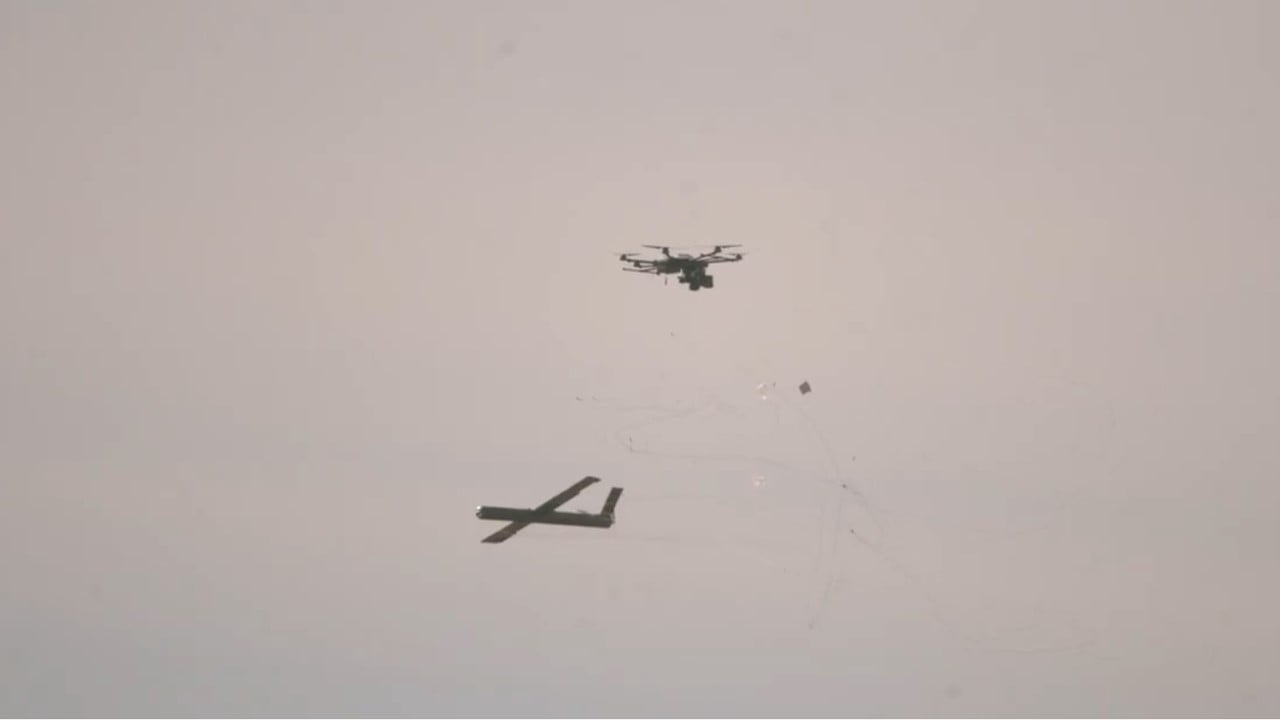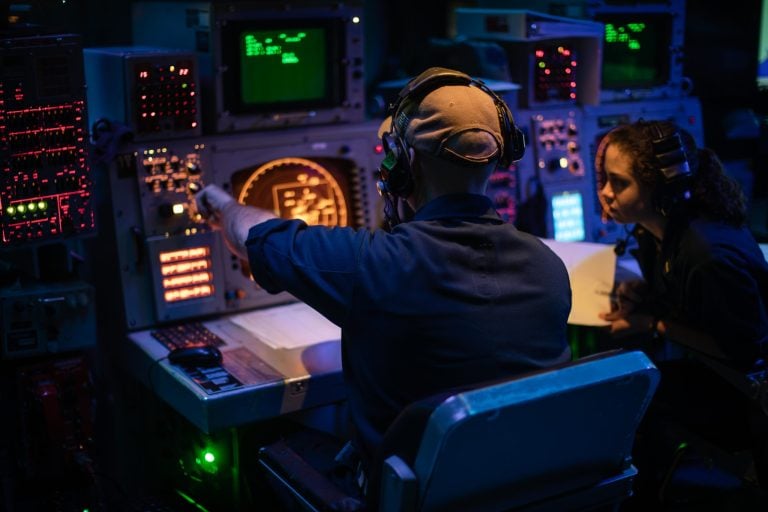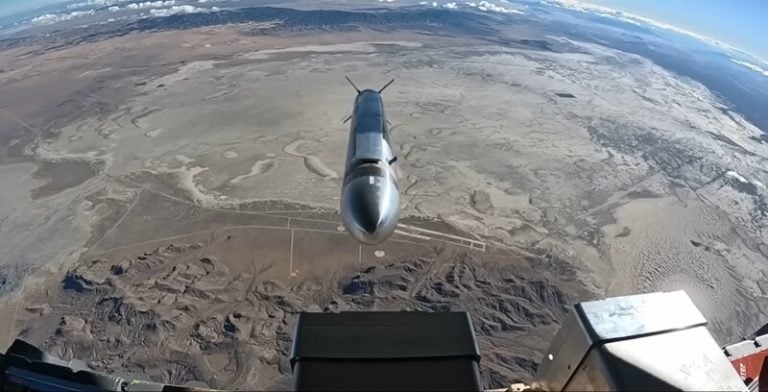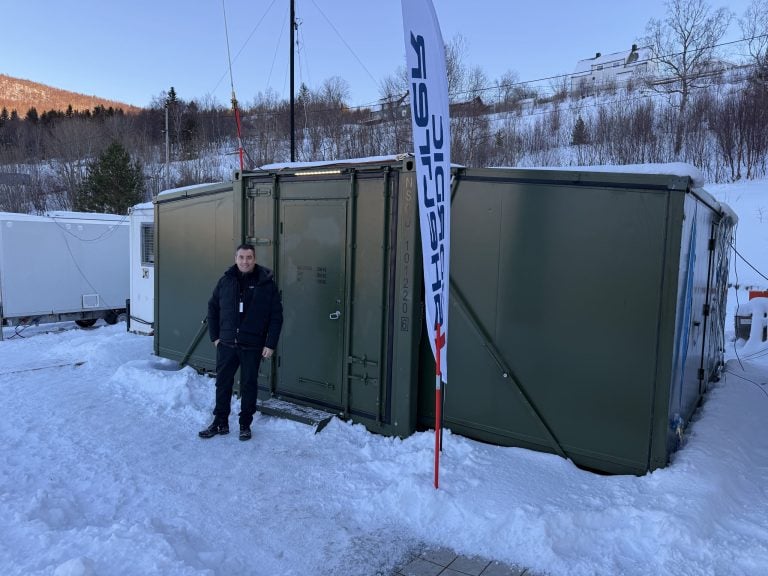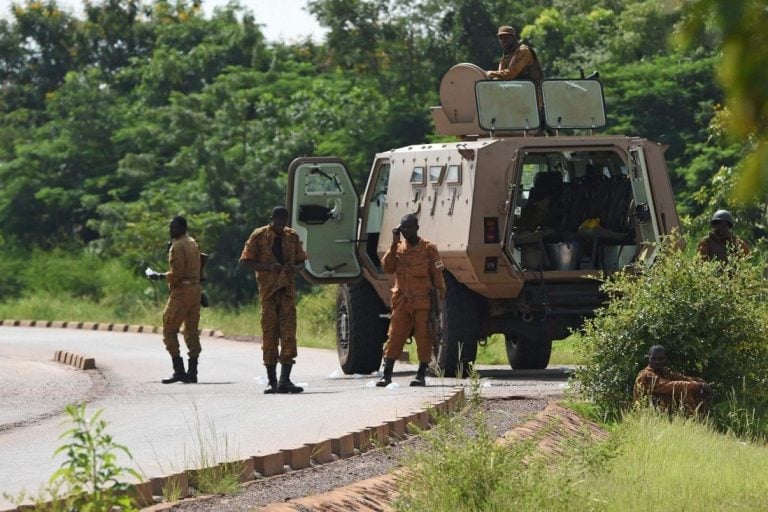The Israeli Ministry of Defense has concluded an extensive trial showcasing new counter-drone technologies, paving the way for selecting top contenders for future funding. Over the past several months, around 20 innovative counter-drone systems from nine local manufacturers participated in a demonstration that began in October 2024 and wrapped up just last week.
The participating systems varied significantly in their approaches to neutralizing hostile unmanned aerial vehicles (UAVs). Some systems were gun-based, incorporating powerful 30mm cannons, while others employed interceptor missiles or utilized large nets designed to capture drones. Israeli Defense Minister Israel Katz underscored the importance of addressing the UAV threat, highlighting its evolution across multiple combat sectors and the toll it has exacted on human lives. “This threat has already extracted a heavy human toll from us, which is why we have mobilized all tools to develop an effective response,” he stated.
Prominent defense firms, including Elbit Systems, Rafael, and Israel Aerospace Industries (IAI), showcased their latest counter-drone technologies during the competitive trial. Elbit Systems demonstrated a radar-guided interceptor drone capable of neutralizing both UAVs and missiles, illustrating advanced technological capabilities in the defense sector. Meanwhile, IAI presented an autonomous system designed to track and respond to drone threats based on specific signals of interest. Rafael introduced its Mini Typhoon remote-controlled weapon system, which offers targeted responses to aerial threats at medium ranges.
Other innovative solutions presented during the trial included reusable interceptors from Airobotics, a rapid-fire projectile system from Tamar Group, a machine-gun-based interceptor from General Robotics, and a net-deploying interceptor drone developed by Elisra. The final demonstration took place in the Negev Desert of southern Israel, allowing defense officials and industry representatives to evaluate the technologies in a controlled environment that minimized risks to civilian areas.
The evaluators rigorously tested the capabilities of the participating systems, assessing their effectiveness in engaging threats across various ranges, speeds, and altitudes. As the trial concludes, the Israeli Ministry of Defense is set to analyze the experimental results thoroughly. They intend to select several technologies for accelerated development and manufacturing, although the specific number of systems to receive full funding and the timeline for announcements remain undisclosed.
The ministry emphasized that the funding will be directed towards rapid development initiatives to enhance operational capabilities in an “immediate time frame,” reflecting a proactive stance on bolstering Israel’s defense against the evolving aerial threat landscape.
